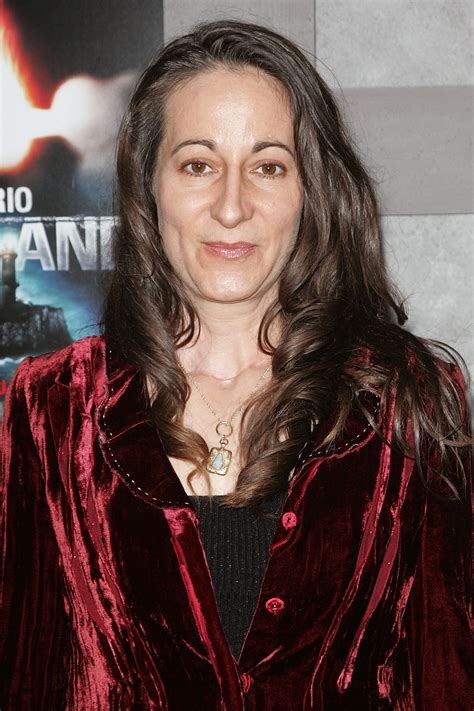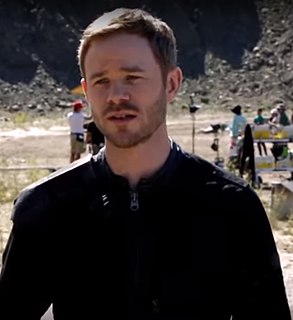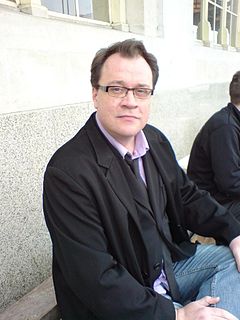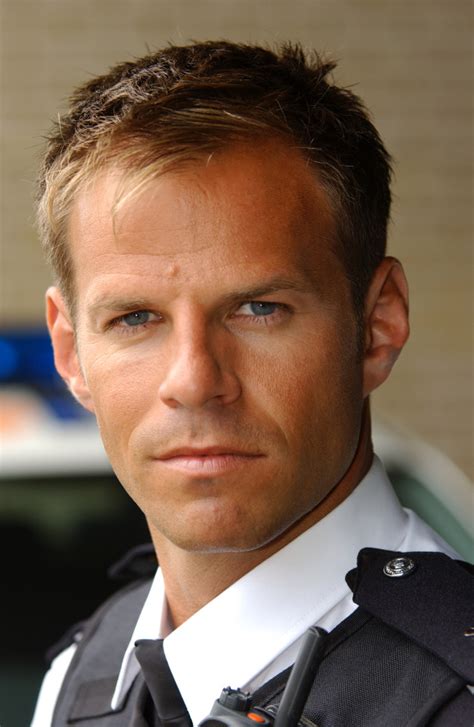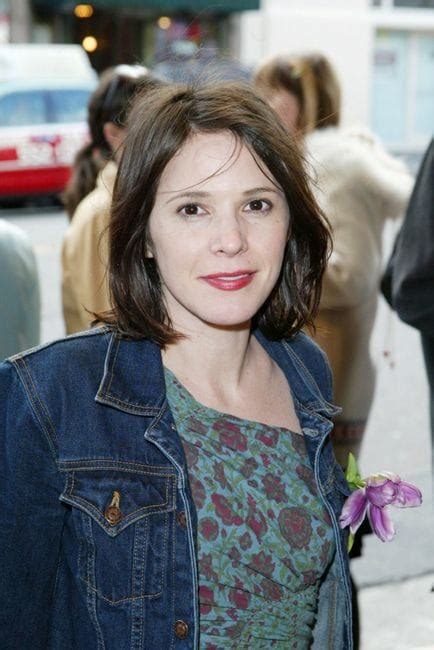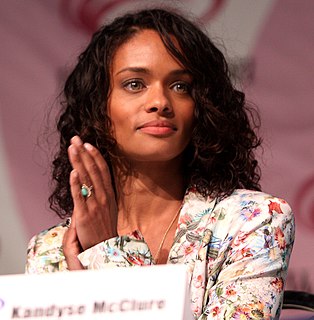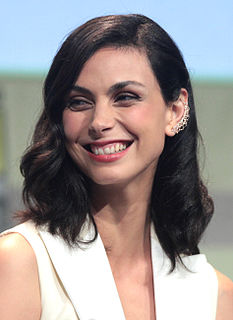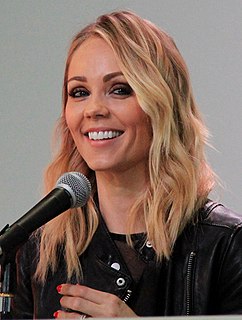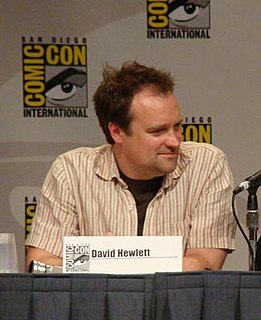A Quote by Laeta Kalogridis
It was very, very important to me to represent a broader swath of humanity that often isn't seen in futuristic sci-fi.
Related Quotes
...The very word 'fiction' implies another world, literally a different place, whereas no one claims that a dedicated sportsman is escaping his life, or a chef or a nurse. But the poor writer - the sci-fi one especially - is seen as running away. Bollocks. This is real, for me, and it's tough, it's fun, it's practical, and it's very, very important.
I've actually found that most of my jobs have been in sci-fi. I realized it because sci-fi has the biggest fan following. Every time I do a play in London all these sci-fi fans come out. They ask me to sign things from all these little projects that I did. I hadn't even made the connection. It doesn't always have a spaceship and guns; sci-fi has been projected on in someway. I did Never Let Me Go, which is sort of Star Trek-y. It's about the future and training humans. It's sci-fi too. It's such a broad umbrella.
